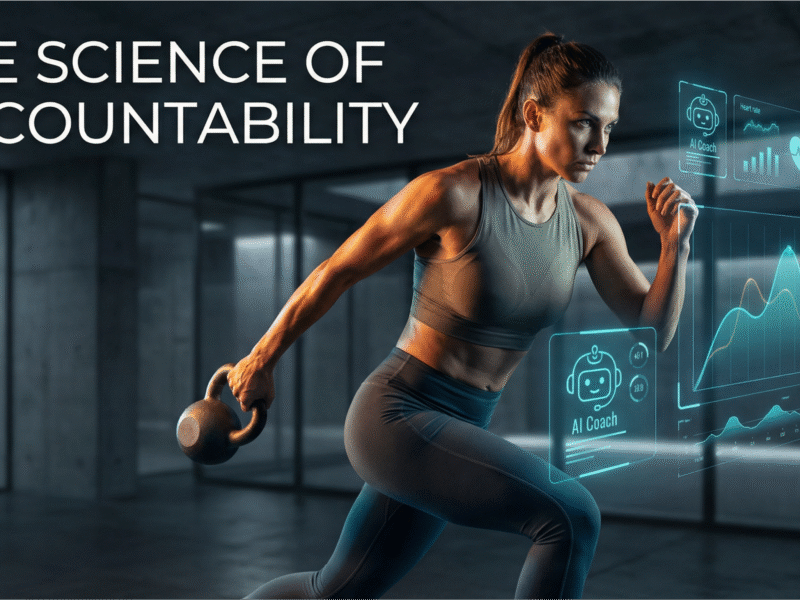In a world that prizes speed, independence, and productivity, adults with disabilities are too often overlooked when it comes to ongoing education and personal development. Yet lifelong learning is not just possible—it is essential—for people of all abilities. With the right supports, adults with disabilities can continue to grow intellectually, emotionally, and socially throughout their lives. They can also contribute meaningfully to society, pursue satisfying vocations, and live lives filled with love, purpose, and connection.
What does the research say?
Recent studies in the field of adult learning highlight three important findings:
- Neuroplasticity doesn’t end with childhood: The human brain retains the ability to change and grow throughout life. This is particularly important for adults with intellectual or developmental disabilities (IDD). Studies from the University of Queensland and Harvard’s Center on the Developing Child have shown that targeted interventions—even later in life—can improve communication, social skills, and adaptive behavior.
- Structured Learning Programs Work: According to a 2023 meta-analysis published in the Journal of Applied Research in Intellectual Disabilities, vocational education programs that include work placements, mentorship, and task-specific training significantly improve employment outcomes and self-confidence among adults with disabilities. However, the authors caution that the available data is still limited and often biased toward high-functioning individuals.
- The Social Environment Is Key: Learning is deeply social. Inclusive community settings, supportive peer groups, and caring instructors all enhance the learning experience. A 2022 study by the European Agency for Special Needs and Inclusive Education stresses the role of inclusive policies in improving lifelong learning opportunities, yet emphasizes that much more research is needed—especially longitudinal studies—to understand long-term impact.
Grow and live well.
Consider the story of James, a man in his 40s with Down syndrome who started a small dog-walking business with the help of a local employment support program in Melbourne. He now walks five dogs a day and is well-known and loved in his neighborhood. “I love being busy,” he says. “Dogs are my friends. I earn my money, I help people, and I’m happy.”
Or Maria, a nonverbal woman with autism who uses a communication tablet. She attends weekly pottery classes at a community center in Spain. Her ceramic sculptures have been displayed in local exhibitions, and she recently started mentoring a younger classmate with similar needs.
These stories aren’t just inspiring—they’re normal. They represent lives well-lived, not because they “overcame” their disabilities, but because they were supported to grow, express themselves, and belong.
So how can we help?
So how can we support more adults with disabilities to keep learning and thriving? Here are some practical, research-backed strategies:
1. Create inclusive learning environments
- Adapt instruction to be multi-sensory and scaffolded.
- Use assistive technology where appropriate, from text-to-speech software to adaptive keyboards.
- Foster peer mentoring, buddy systems, and community partnerships to build belonging.
2. Prioritize vocational training with real-world applications
- Integrate learning with supported employment programs.
- Offer job coaching and on-site training that matches learners’ interests and strengths.
- Encourage flexible pathways—part-time, supported roles, or entrepreneurial ventures.
3. Support families and caregivers
- Provide training on how to reinforce learning at home.
- Encourage shared goal-setting between learners, families, and educators.
- Offer respite care to reduce burnout and increase support for continued learning.
4. Leverage technology for independence
- Digital learning platforms can help tailor content to individual needs.
- Tablets and apps can enhance communication and daily living skills.
- Online communities can reduce social isolation and offer peer support.
5. Value emotional and social development
- Emotional intelligence, resilience, and relationship-building are all teachable skills.
- Arts, sports, and community engagement programs can be powerful contexts for growth.
- Everyone deserves the opportunity to form friendships, pursue hobbies, and experience love.
A place in a diverse society
At its heart, this isn’t just about learning—it’s about belonging. Adults with disabilities deserve not only the opportunity to keep learning, but also the chance to contribute to others, be recognized for their strengths, and live full, meaningful lives.
+As a society, we need to move beyond the “care” model and embrace the concept of interdependence—the idea that we all need one another in different ways. By investing in inclusive education, accessible communities, and equitable employment practices, we don’t just help individuals with disabilities—we enrich society as a whole.



